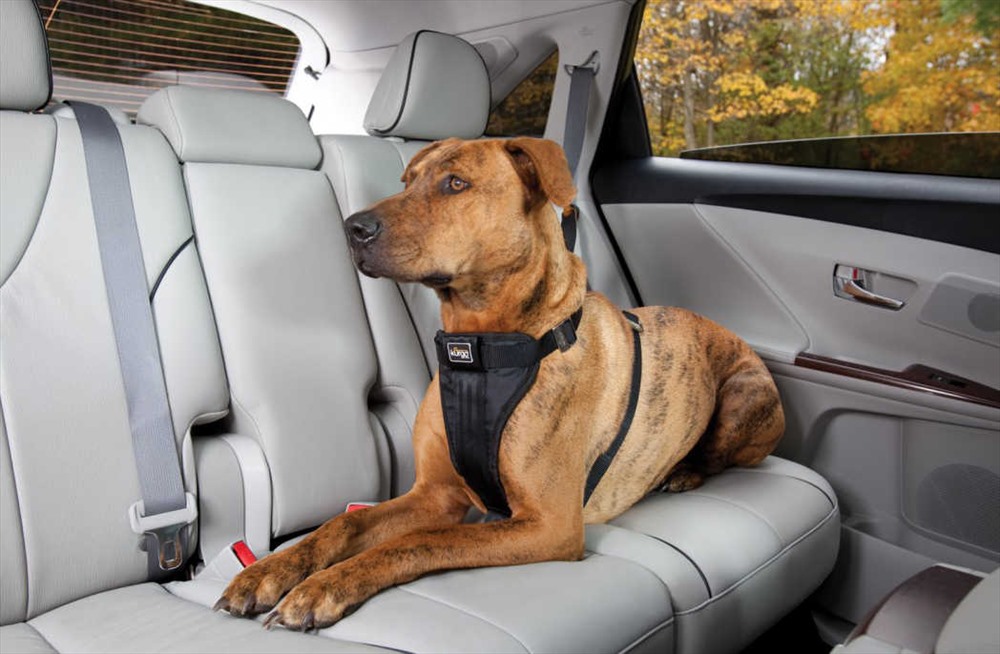Tips for Caring for Pets During Cold Weather in Northern Vietnam
As temperatures drop in Northern Vietnam during the winter months, it’s essential to ensure your pets are safe, warm, and healthy. Pets are vulnerable to cold weather, just like humans, and proper care can help them stay comfortable and avoid health issues. Here are some key tips for taking care of your furry friends during the cold season.
1. Provide a Warm Shelter
Ensure your pets have a cozy and warm place to rest, especially at night when temperatures can plummet. For outdoor pets, consider bringing them inside or providing insulated shelters with bedding that retains heat, such as blankets or straw.

2. Adjust Their Diet
Pets may require more calories during cold weather to maintain their energy levels and body heat. Consult your veterinarian to determine if you should increase their food portions or add nutrient-rich foods to their diet. Don’t forget to ensure they have access to fresh, clean water, as hydration is just as important in winter.

3. Keep Them Active
Exercise is crucial to keep your pets healthy, but cold weather can make outdoor activities challenging. Schedule playtime indoors or choose warmer parts of the day for outdoor walks. Use pet-safe winter clothing, such as sweaters or jackets, for extra protection against the cold.
4. Monitor Their Health
Cold weather can exacerbate existing health conditions, especially in older pets or those with arthritis. Watch for signs of discomfort, such as limping or lethargy, and consult a veterinarian if needed. Regular grooming is also essential, as matted fur can reduce its insulating properties.
5. Protect Their Paws
The cold ground, ice, and even road salt can irritate your pet’s paws. Check their paws regularly for cracks or injuries and apply pet-safe balms to keep them moisturized. You can also invest in pet boots for added protection.

6. Limit Exposure to Extreme Cold
Avoid leaving pets outside for extended periods during freezing temperatures. Short-haired breeds, puppies, and elderly animals are particularly sensitive to the cold. If it’s too cold for you, it’s likely too cold for them as well.
7. Be Cautious with Heat Sources
While heating devices like space heaters and fireplaces can keep your home warm, they can pose risks to pets. Ensure these devices are pet-proofed, and never leave your pets unattended near open flames or hot surfaces.
8. Stay Alert for Cold Weather Hazards
Antifreeze and other chemicals are common during winter and can be toxic to pets. Store these substances securely and clean up spills immediately. Additionally, watch out for signs of hypothermia or frostbite, such as shivering, pale skin, or difficulty moving.
Conclusion
Caring for pets during cold weather in Northern Vietnam requires extra attention and preparation. By providing a warm environment, adjusting their diet, and keeping them safe from winter hazards, you can ensure your pets stay happy and healthy throughout the season. Remember, a little extra effort goes a long way in keeping your furry companions comfortable during the chilly months.
Why Should You Spay or Neuter Your Pet?
https://indochinapost.com/thuc-pham-kho-cho-du-hoc-sinh-chau-au-sach-vo-hai-san-kho/
